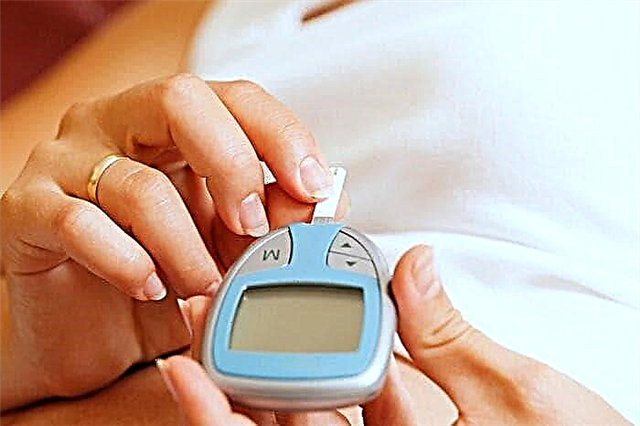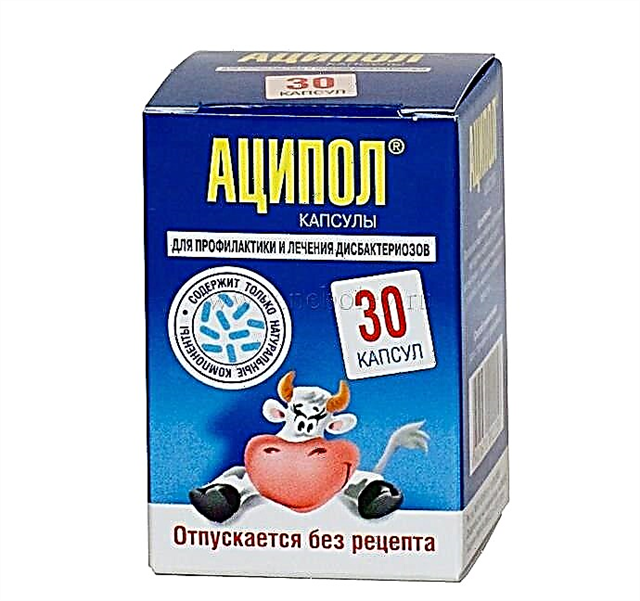The vital activity of the body of every person, including the newborn, is determined by reflexes.
The reflexes of a newborn are a response to stimuli from the internal and external environment of the body. Congenital reflexes are embedded in the nervous system even before the birth of a child.

Sucking reflex in a newborn Is the ability to suck on a mother's breast or a nipple on a bottle of artificial feeding in the mouth. Nobody teaches a baby to suck. This is not a habit, but one of the important reflexes. It is formed even during the intrauterine developmental process. And in the future, it affects the formation of the psyche in early childhood. With the help of the sucking reflex, the newborn satisfies his hunger.
It occurs for the first time in hours of life and refers to the innate reflexes that ensure the survival of the baby. This is the very first and most important unconditioned reflex. During feeding, when the palate is touched, the baby begins to suck milk from the mother's breast or from the bottle, sucks it in. The severity of the sucking reflex in newborns determines whether the child is hungry or full. After eating, the sucking reflex weakens. But after an hour, it makes itself felt again. Rhythmic sucking calms the baby very well.
5 pairs of cranial nerves are responsible for the sucking reflex. It is a pleasure for a toddler to suck a pacifier and a very hard job to suck milk from a mom's breast.
By the age of 12 months, the sucking reflex weakens, and disappears by 3-4 years.
It is very easy to check the sucking reflex in a child: you need to stroke the cheek or touch the lips. The baby will open his mouth and move his tongue as if he wants to suck.
Weak sucking reflex
The weakness or absence of the sucking reflex is determined by the feeding method. Healthy babies immediately and energetically take the breast of the mother and greedily suckle. Unlike healthy babies, newborns with a reduced sucking reflex fall asleep during feeding, are lethargic, swallow very rarely, and often completely refuse to breast. Weakened and premature babies are discharged from the hospital when the baby can suck independently.
These are the reasons why most often there is a weak sucking reflex and it is very easy to check - you need to put your finger in the baby's mouth, in the absence of deviations, he instinctively sucks the finger.
The main reasons for a decrease in the sucking reflex:
- severe somatic conditions;
- hypoxia during pregnancy or childbirth;
- paresis of the facial nerves;
- mental retardation;
- sometimes stomatitis, acute respiratory infections, ARVI.
In cases where the baby has a weak sucking reflex and the baby does not receive adequate nutrition, it is necessary to express milk and feed the baby from a bottle or spoon. It is necessary to feed the child every two to two and a half hours, and possibly more often. It is categorically impossible to diagnose and treat the baby on your own. As soon as you notice any deviation, you need to consult a doctor for help. Such states must be observed in dynamics.
Also, the cause of a weak sucking reflex may be the irregular shape of the nipples, or the child is inactive and intermittently sucks on a cold, with a stuffy nose, or a sleepy child.
Lack of reflex
If there is no sucking reflex, then this is the first sign that the central nervous system, namely the brain stem, is damaged, which is a bad neurological sign. In the complete absence of this reflex, newborns have no chance of survival. These babies are fed through a tube.
Difficulty sucking, and the absence of a sucking reflex is a consequence of birth trauma. To say that “the child is too lazy to suckle” is inappropriate. Indeed, in this case, the point is not laziness, but the possible damage to important centers of the nervous system.
The reason for the absence of the sucking reflex is neurological pathology:
- weakness of the chewing muscles;
- circular muscle of the mouth;
- language.
An injury to the neck or cervico-occipital area leads to damage to the medulla oblongata and, as a result, to a decrease in the sucking reflex. Such injuries slow down the child's development.
The presence of reflexes indicates the health of the child, the state of his nervous system. When they are formed, the baby develops more harmoniously.



